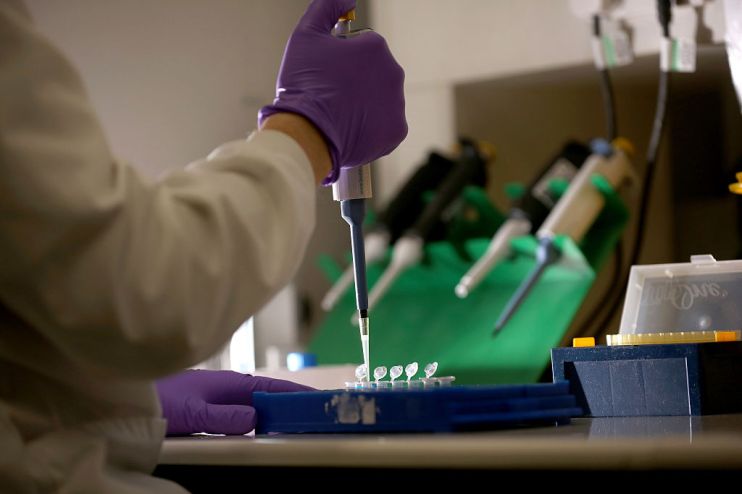How to unleash the potential of the health data revolution

Danny Boyle’s tribute to the NHS at the Olympic opening ceremony in 2012 didn’t feature doctors with filing cabinets or nurses with laptop computers.
That’s understandable — at the time the data-driven healthcare boom was only just beginning.
But today, there is growing interest in the data about the 55m patients for whom the NHS cares. These “cradle to grave” datasets are expected to play a key role in the discovery of new treatments and technological solutions to the growing demands placed upon our healthcare system.
Data, too, will be crucial to the success of the government’s life sciences industrial strategy. It has the potential not only to save lives, but to boost the UK’s economy. EY estimates that benefits worth £9.6bn per year could be unlocked from the use of patient data in years to come. The question, then, is how to unleash the benefits, both economic and medical, from the UK’s unique health datasets.
Many of the data-driven insights and innovations that frontline professionals are optimistic about are likely to be produced in partnership with the private sector. Companies will take on costs and risk in developing new treatments, apps and diagnostic tools, working with medical professionals.
But before they can do that, the government needs to invest in cleaning up, linking and expertly annotating healthcare records if they are to serve as fuel for the machine learning age.
The UK could learn from countries which are already powering ahead in the data-driven healthcare revolution.
China, for example, has invested in huge regional data centres where data about its citizens, such as medical records and insurance claims, is being aggregated to grow the amount and type of healthcare information available to researchers, with the aim of amassing records about a staggering 1.4bn people.
Both China and India have supported the development of an essential part of the data “manufacturing” process: cleaning, labelling and curating data in “data factories”.
Data labelling businesses like Megvii in China already employ upwards of 300,000 people, while iMerit near Kolkata has developed a specialist workforce in labelling.
Despite landmark investments here in the field of health data (for example, Genomics England and the UK Biobank), the UK has some catching up to do in realising the potential of this opportunity. With this government’s message that it is committed to enabling cutting-edge technological research, the upcoming Budget is an opportunity to make further headway.
Data protection and patient trust are important considerations, but if we get this right, it could be a game-changer. For those more likely to experience an illness such as dementia, data-driven diagnostics could enable early identification which would in turn improve drug efficacy, boosting longevity and quality of life.
For healthcare professionals, harnessing the potential of big data and machine learning is expected to herald an age of personalised medicine where treatments can be tailored to individuals, because one size does not fit all.
For tech and pharmaceutical enterprises, AI-driven drug discovery will reduce the time it takes to develop new, more effective medicines, while virtual healthcare coaches will help us tackle everything from mental ill-health to obesity.
And for the government, this could lead to the holy grail: an ability to predict and prevent debilitating and costly illness, especially in deprived communities where inequalities in health and wealth are inextricably linked. Bring on the health revolution.
Annemarie Naylor and Eleanora Harwich from the think tank Reform are co-authors of the new report Manufacturing the future: Could healthcare data help rebalance the UK’s economy?
Main image credit: Getty